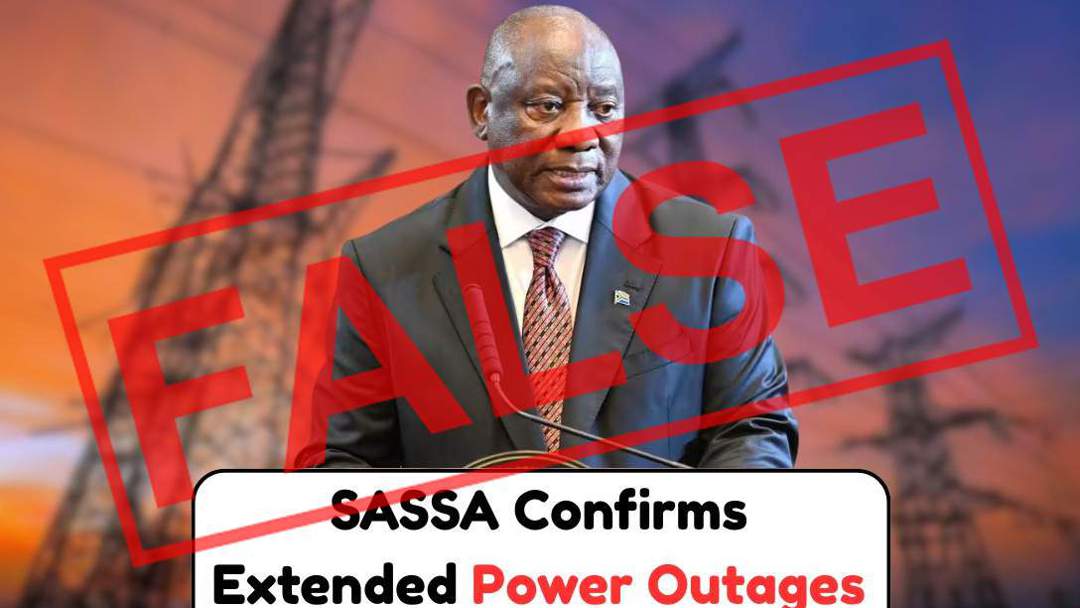A recent whirlwind of panic swept through South Africa as a fake news site propagated a terrifying claim – the country would endure a staggering 14 hours of daily load shedding this winter. The news spread like wildfire, igniting fears and frustration among the population already grappling with the challenges of power outages. However, as the dust settled, it became evident that this alarming assertion was nothing more than a fabrication, debunked by Eskom as a blatant act of disinformation.
In a world where misinformation can spread rapidly through the vast web of social media and online platforms, distinguishing truth from fiction has become a daunting task. The prevalence of fake news poses a significant threat not only to public trust but also to the stability and security of societies. The incident of the false claim about extensive load shedding serves as a stark reminder of the dangers lurking in the digital age, where a single misleading story can sow chaos and confusion on a national scale.
Eskom, South Africa’s state-owned power utility, swiftly moved to quash the unfounded rumor, emphasizing that there were no plans for such prolonged load shedding periods. The utility clarified that while challenges in the energy sector persist, measures are being implemented to mitigate the impact on consumers. Despite the complexities and limitations faced by Eskom, the organization remains committed to providing reliable electricity supply and ensuring the country’s energy security.
“Misinformation not only breeds fear and uncertainty but also undermines the efforts of organizations like Eskom to address real issues in the energy sector,”
remarked Dr. Sarah Ngubane, a leading expert in energy policy. She highlighted the importance of transparent communication and public awareness in combating the spread of fake news that can have far-reaching consequences on society.
The episode of the fake news about 14-hour load shedding sheds light on the broader challenges facing South Africa’s energy landscape. The country has been grappling with power shortages and infrastructure constraints for years, leading to frequent load shedding that disrupts daily life and hampers economic activities. The need for sustainable energy solutions and investments in infrastructure has become increasingly urgent to ensure a stable and reliable power supply for both residential and industrial consumers.
As South Africa navigates the complexities of its energy transition, the role of accurate information and responsible journalism becomes paramount. The media plays a crucial role in shaping public perception and influencing decision-making processes. By upholding ethical standards and verifying sources, journalists can help combat the proliferation of fake news and uphold the integrity of information dissemination.
In conclusion, the saga of the false claim regarding 14-hour load shedding serves as a cautionary tale in the age of digital misinformation. It underscores the importance of critical thinking, media literacy, and vigilance in consuming and sharing news. As individuals, we hold the power to stem the tide of fake news by questioning sources, verifying information, and promoting truth in our interactions online and offline. In a world where information is both a weapon and a shield, our collective responsibility lies in upholding the truth as a cornerstone of a well-informed and resilient society.

